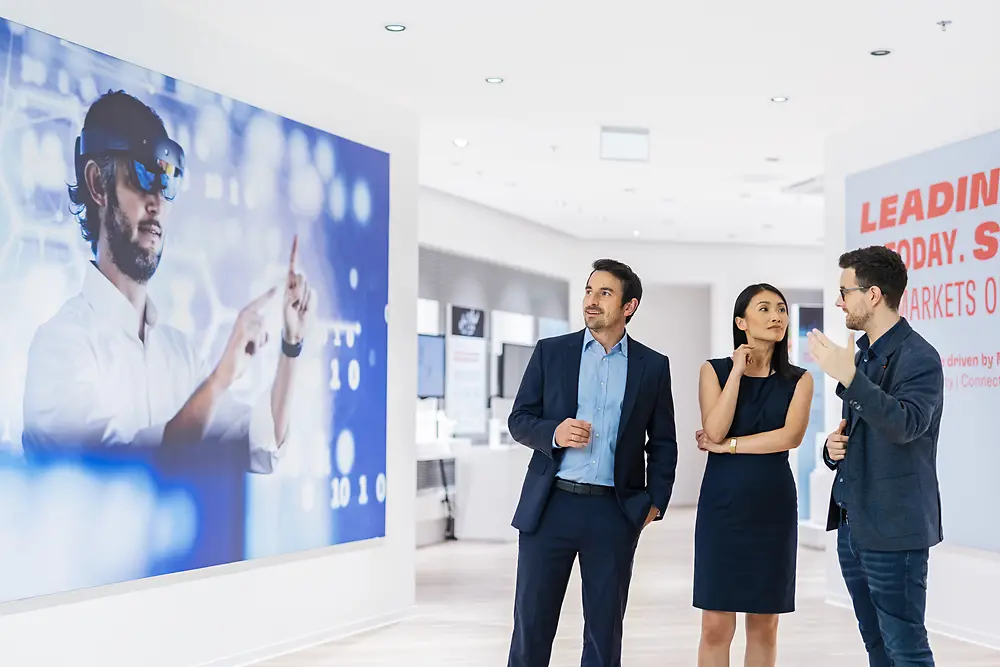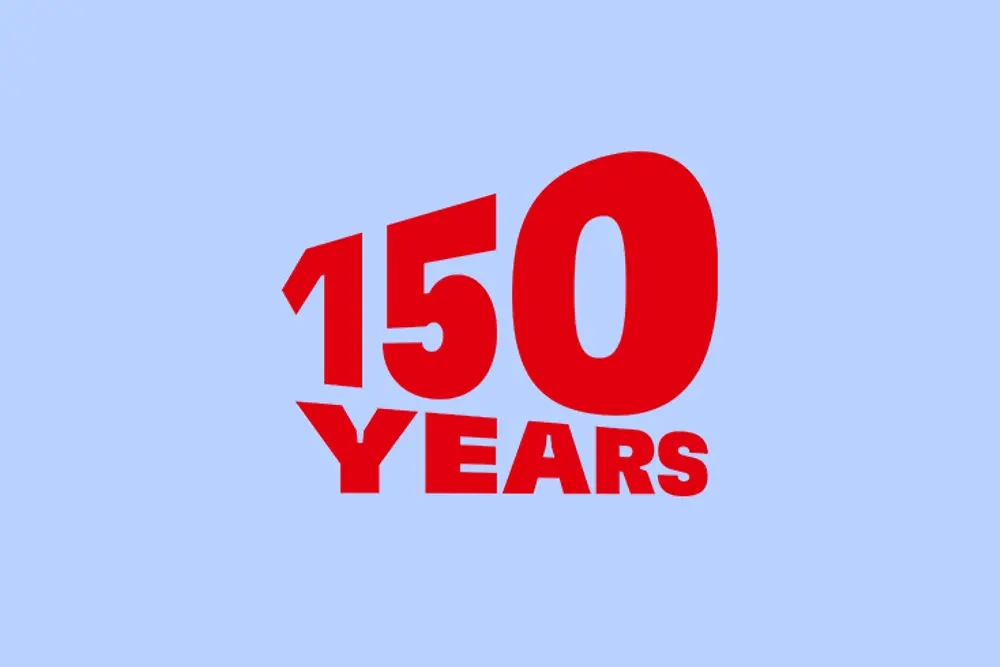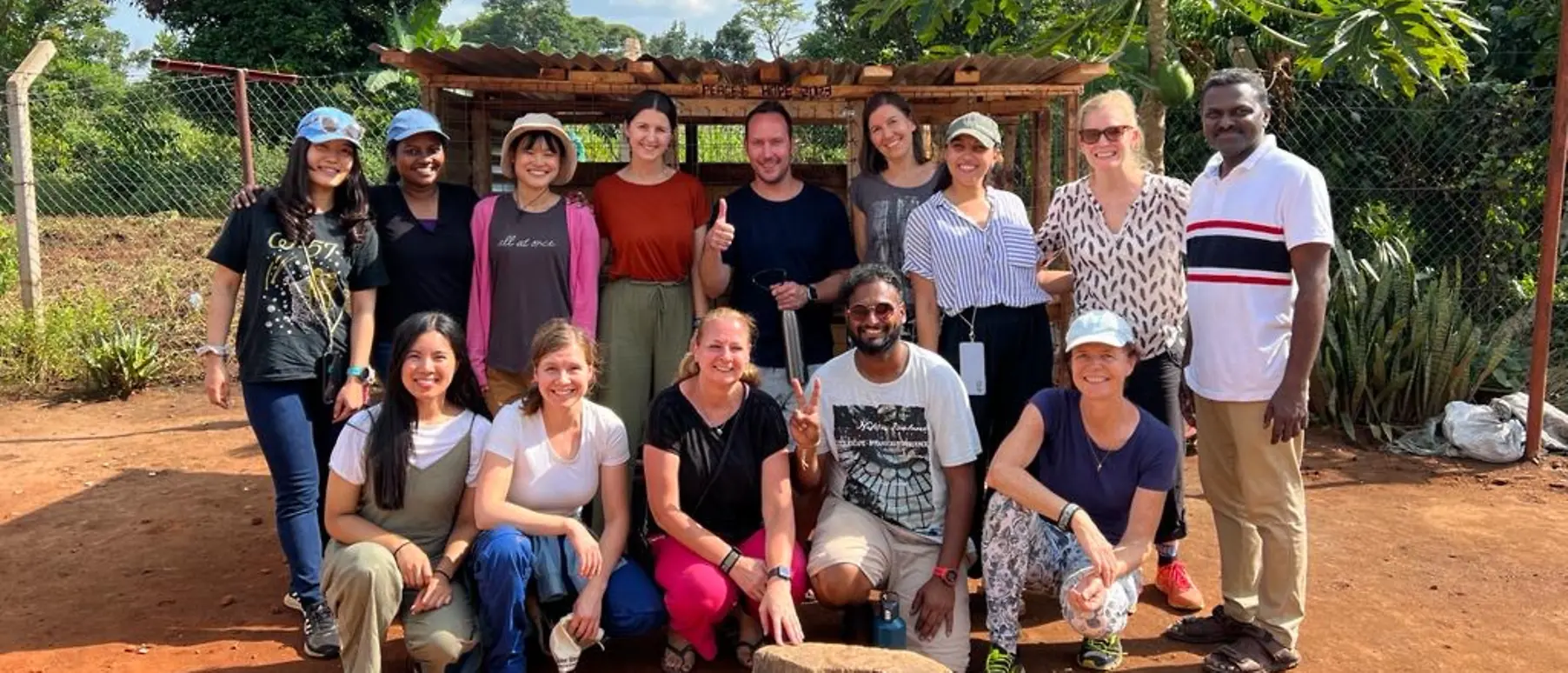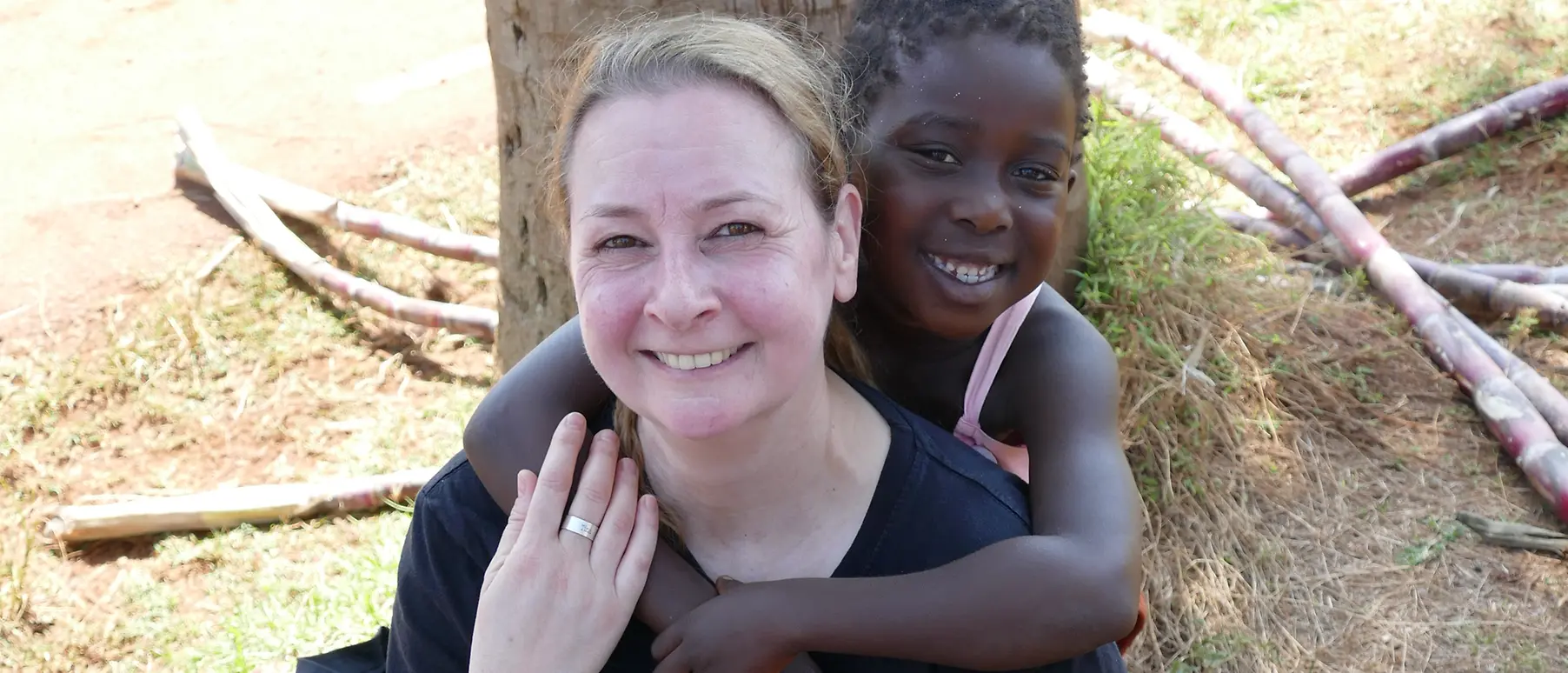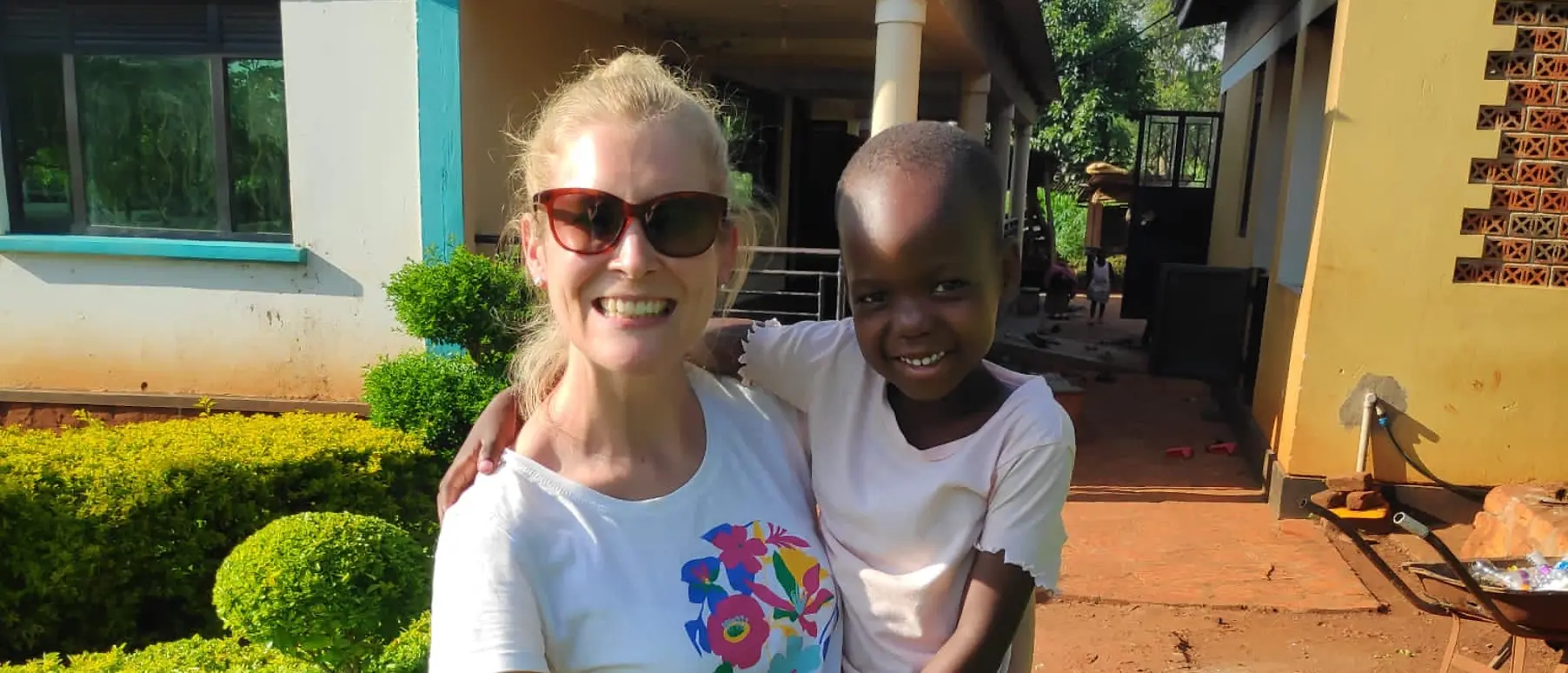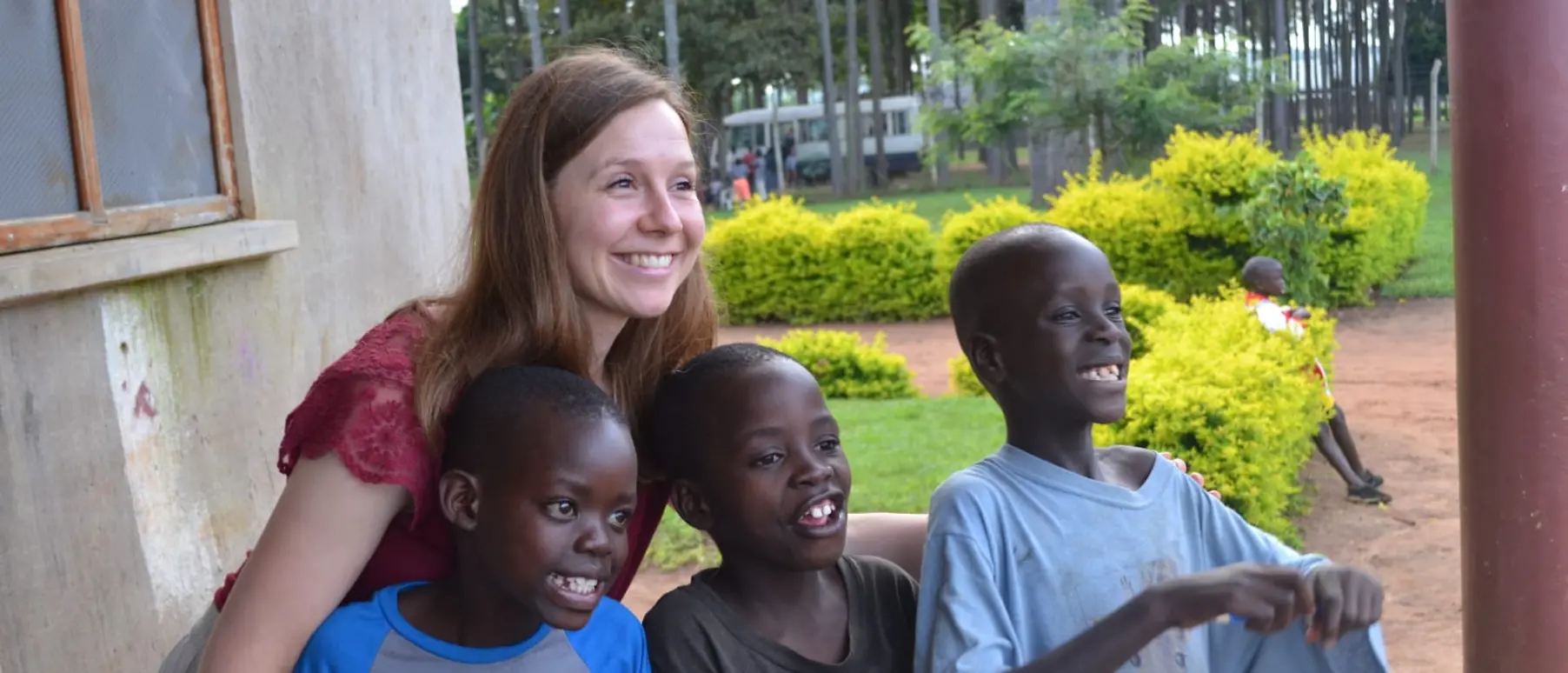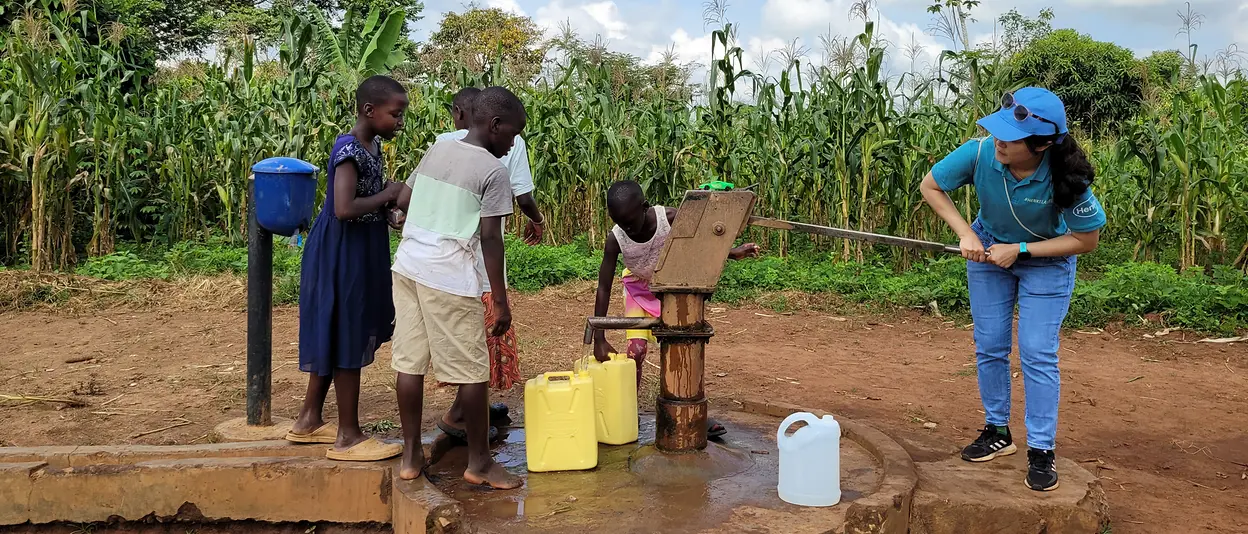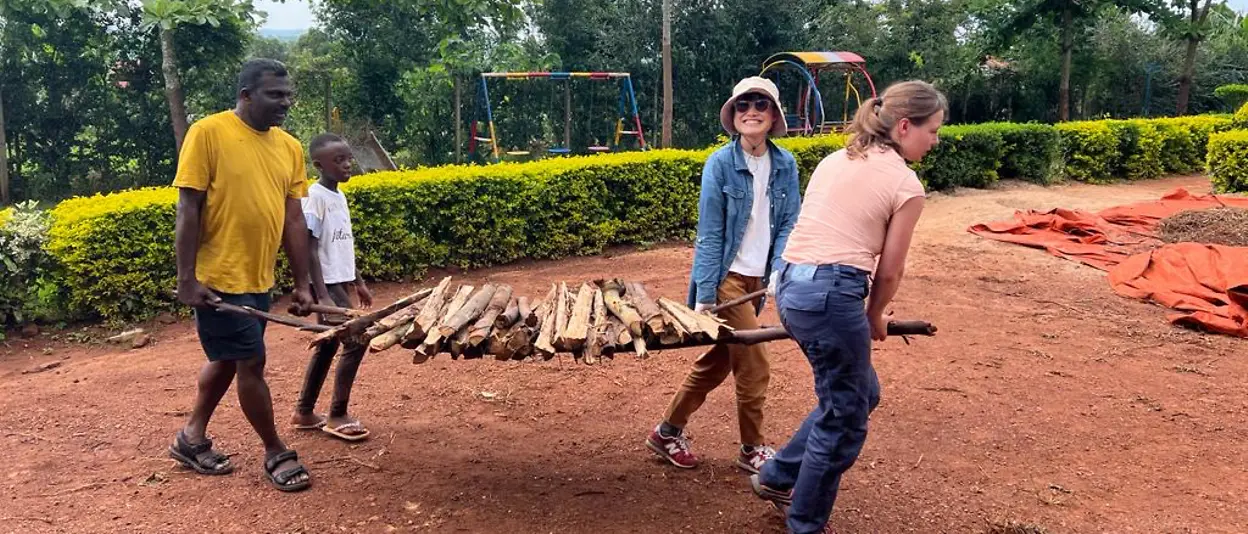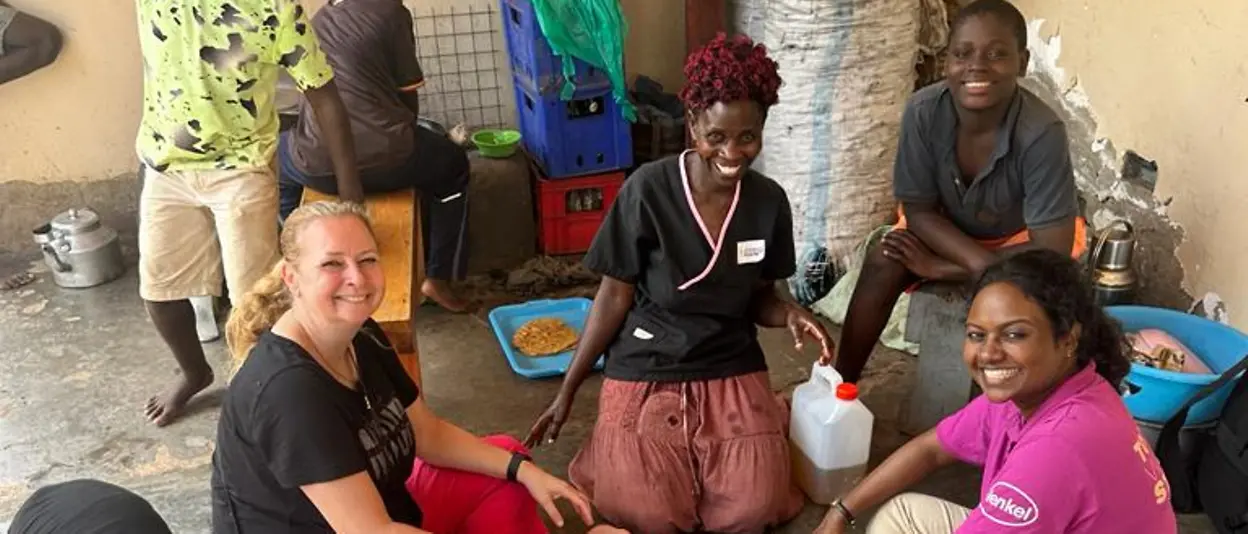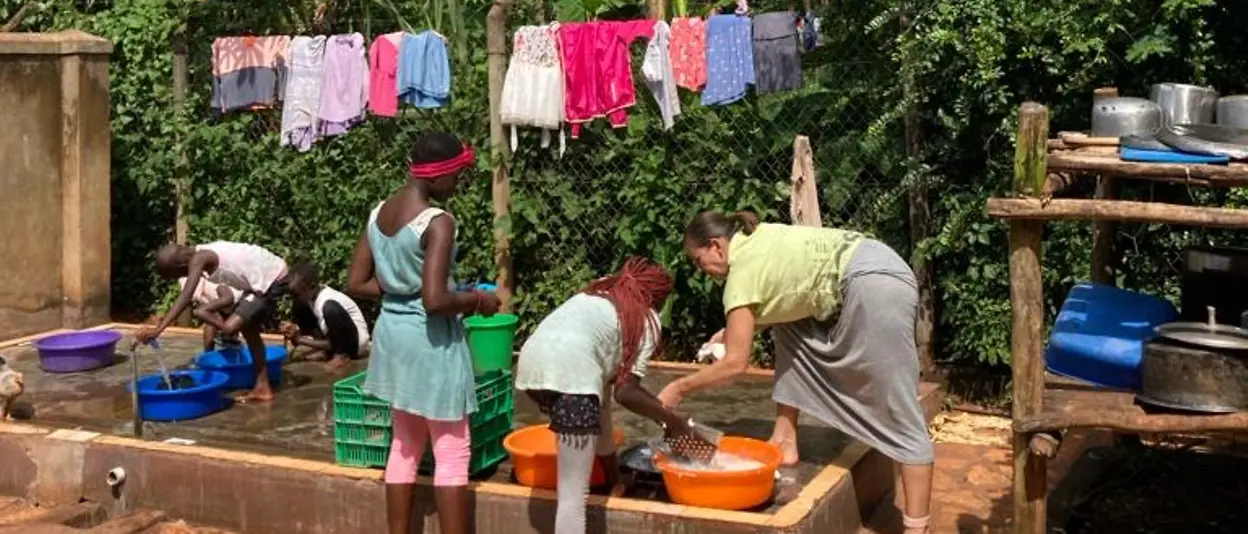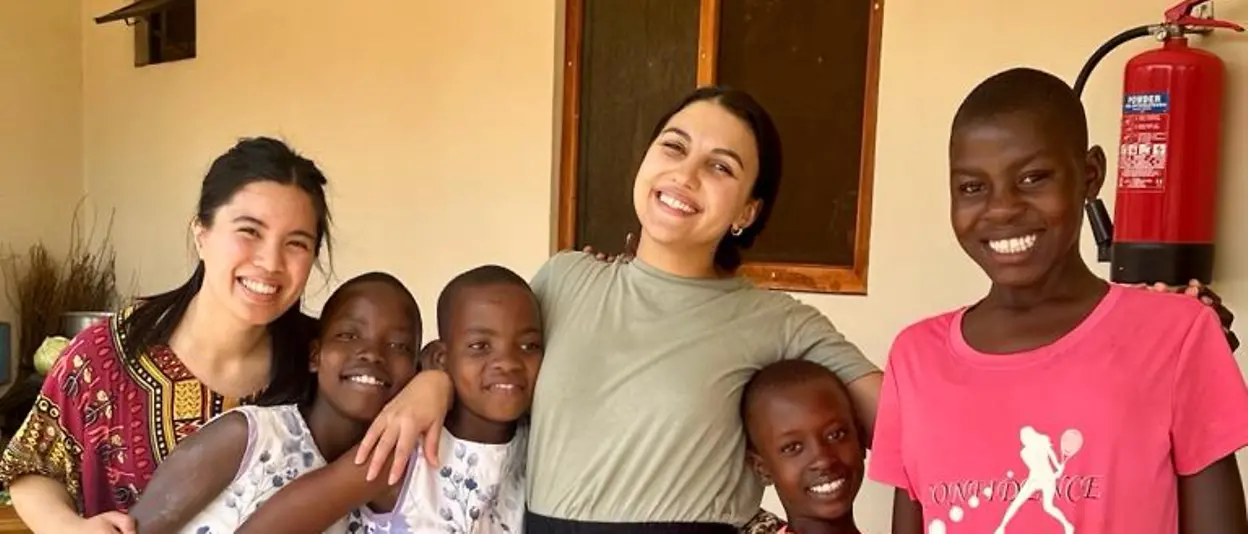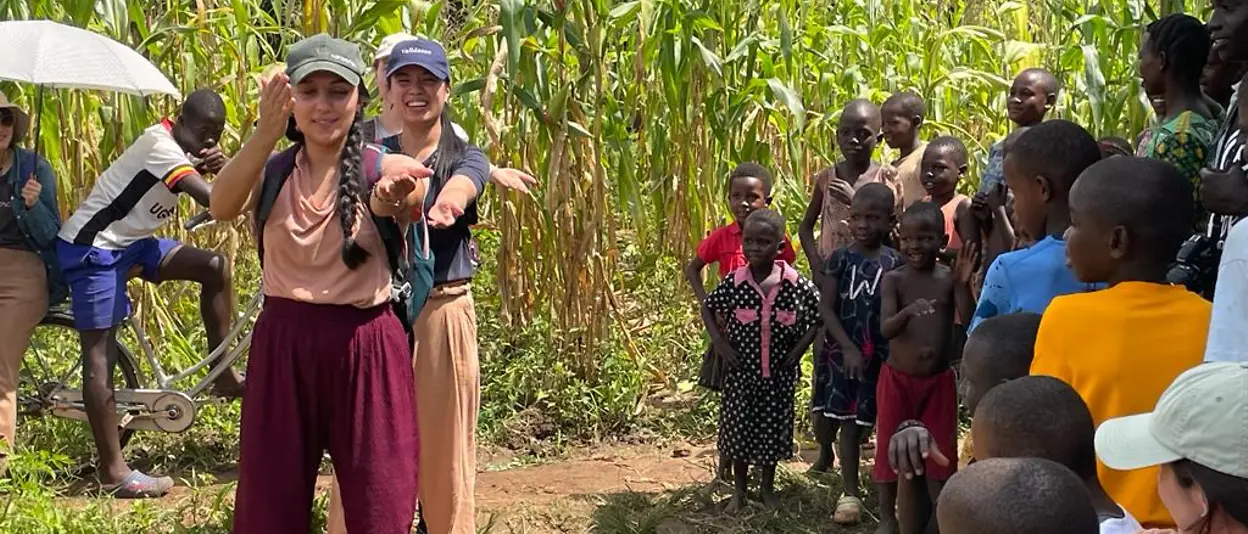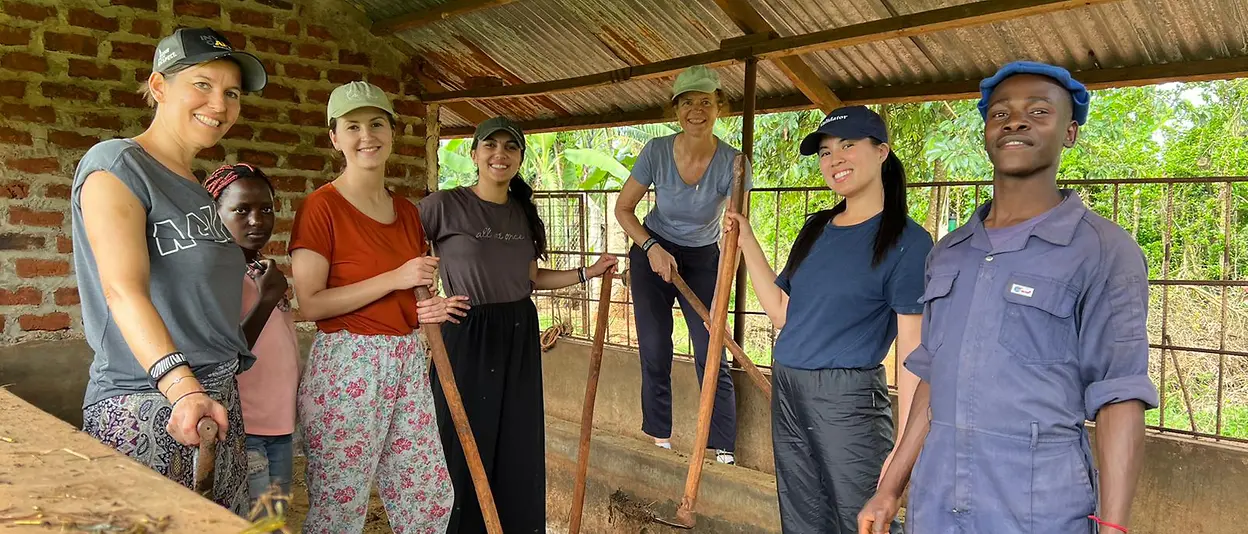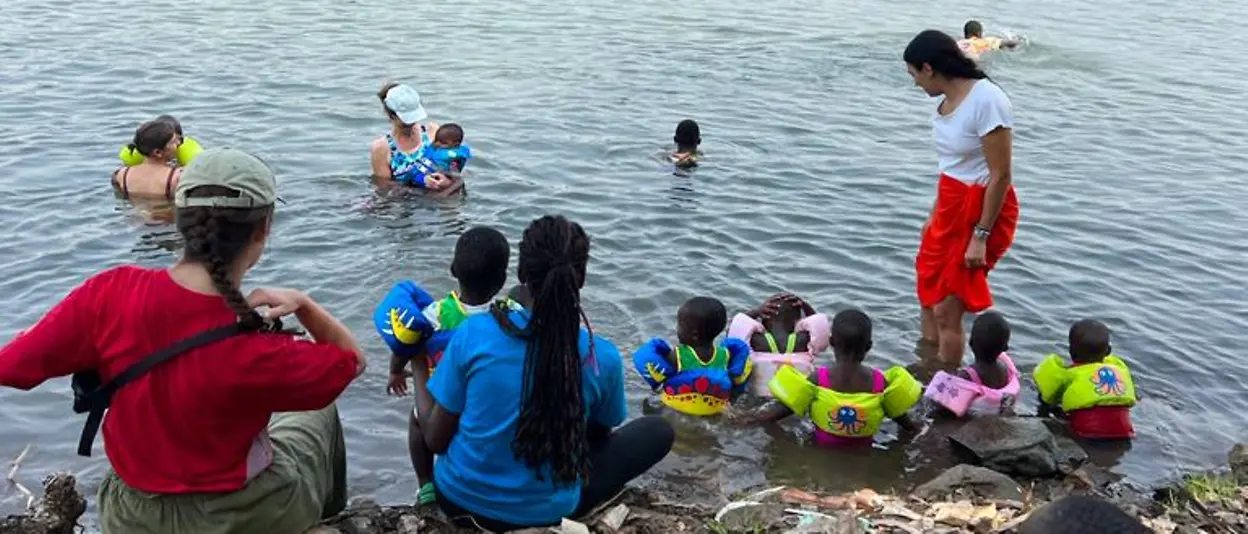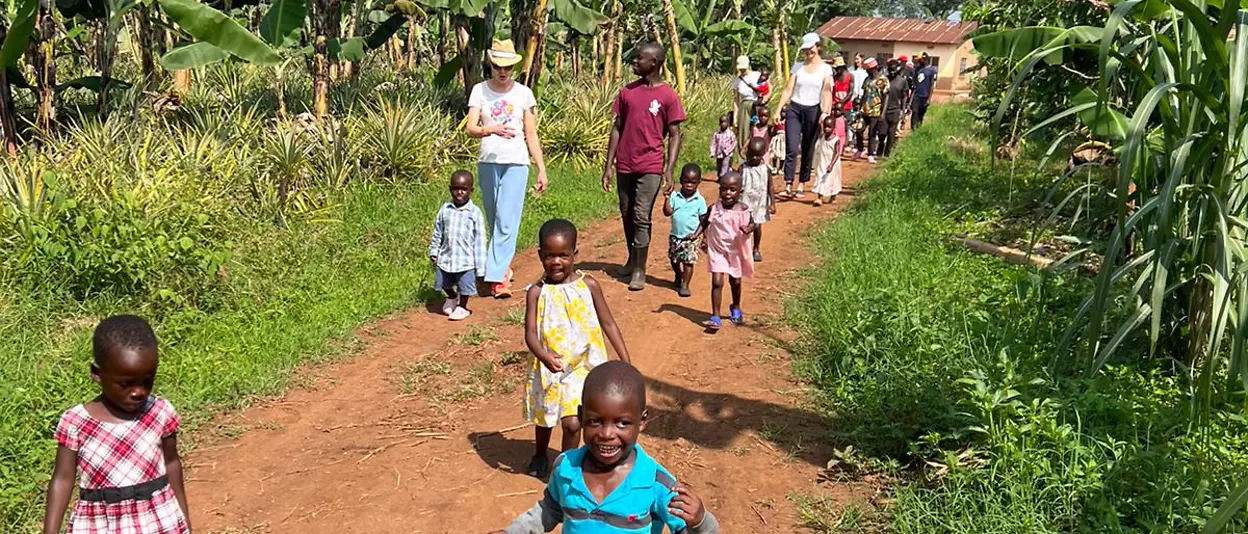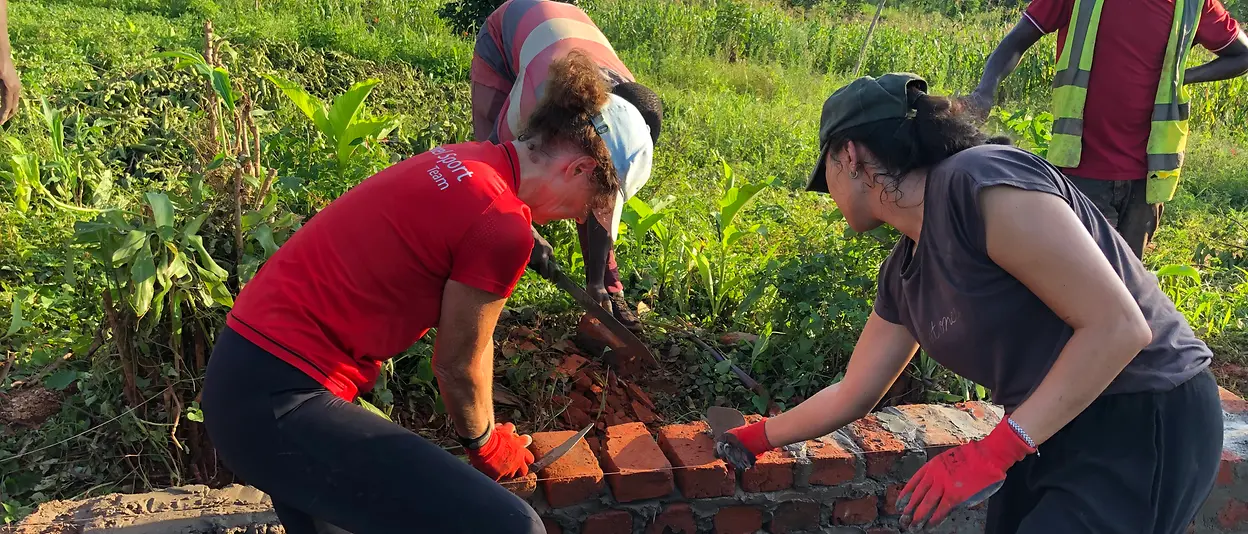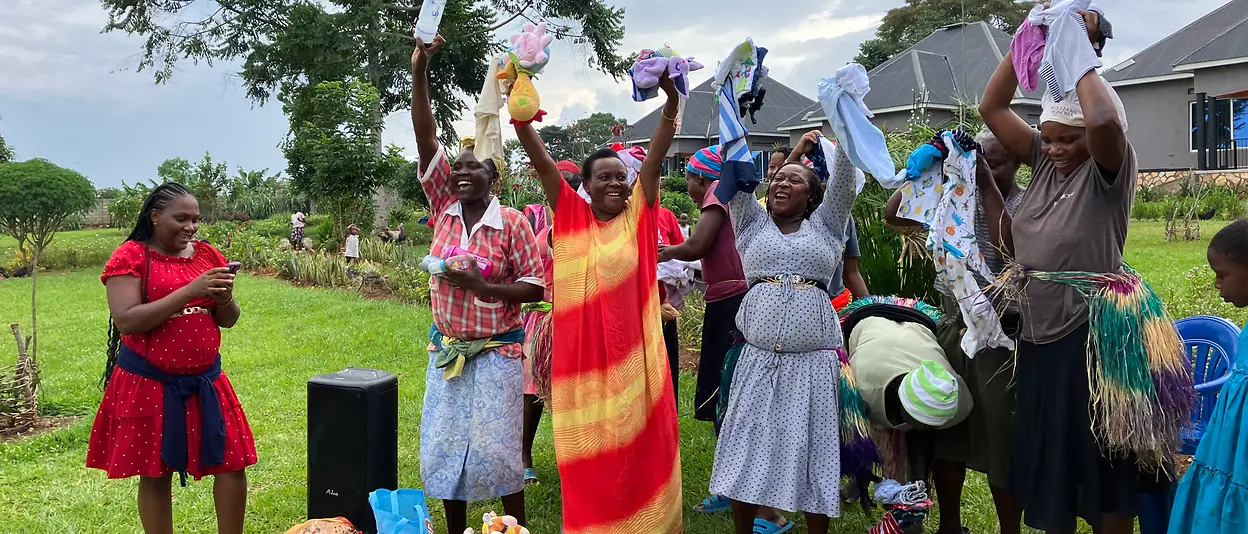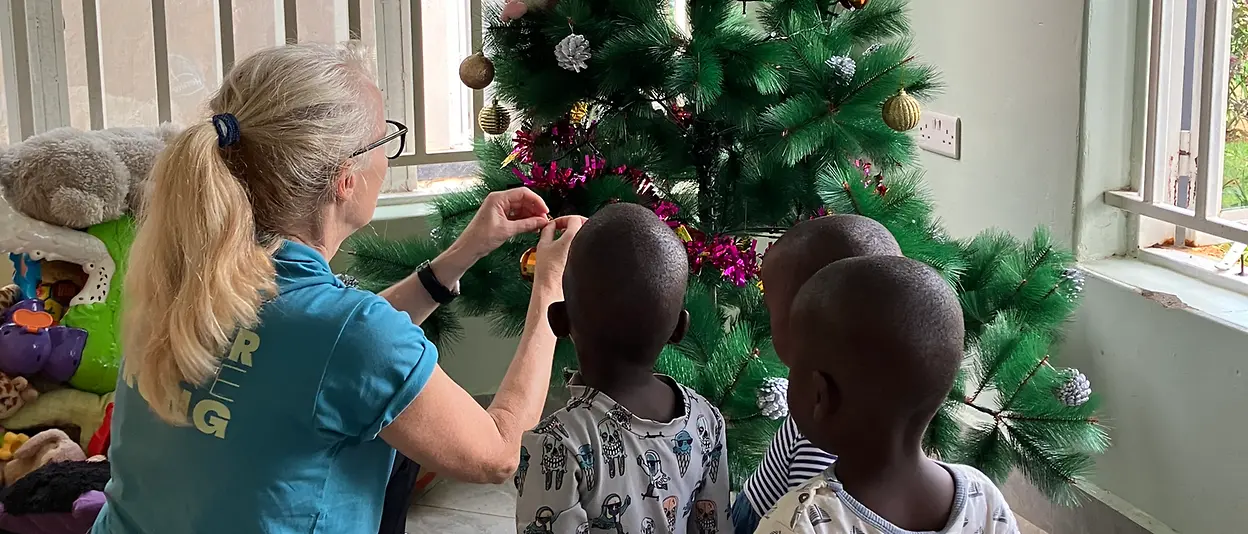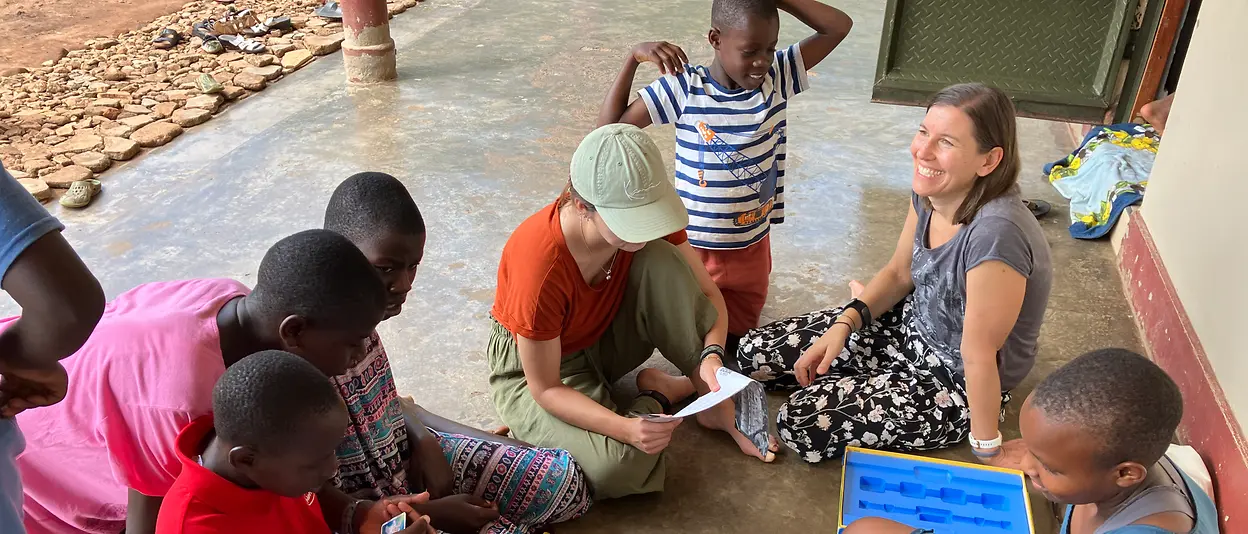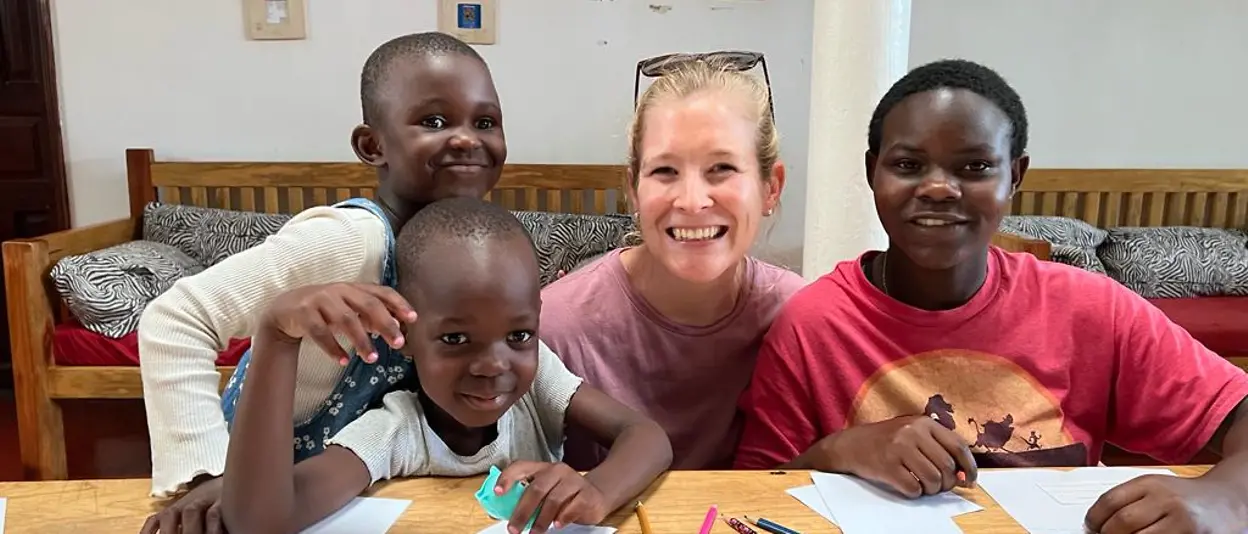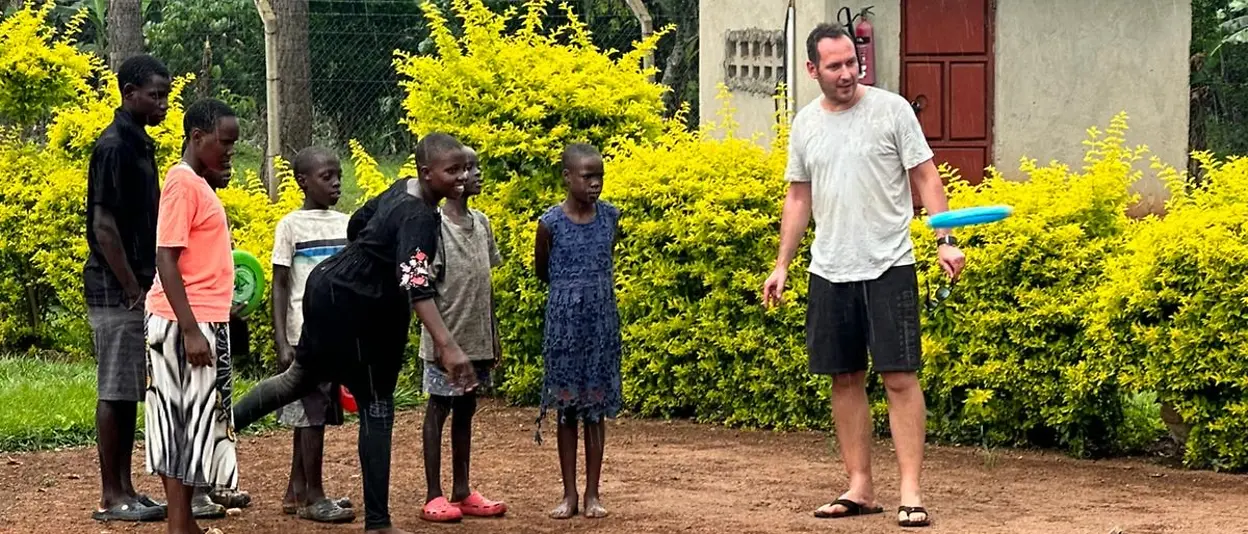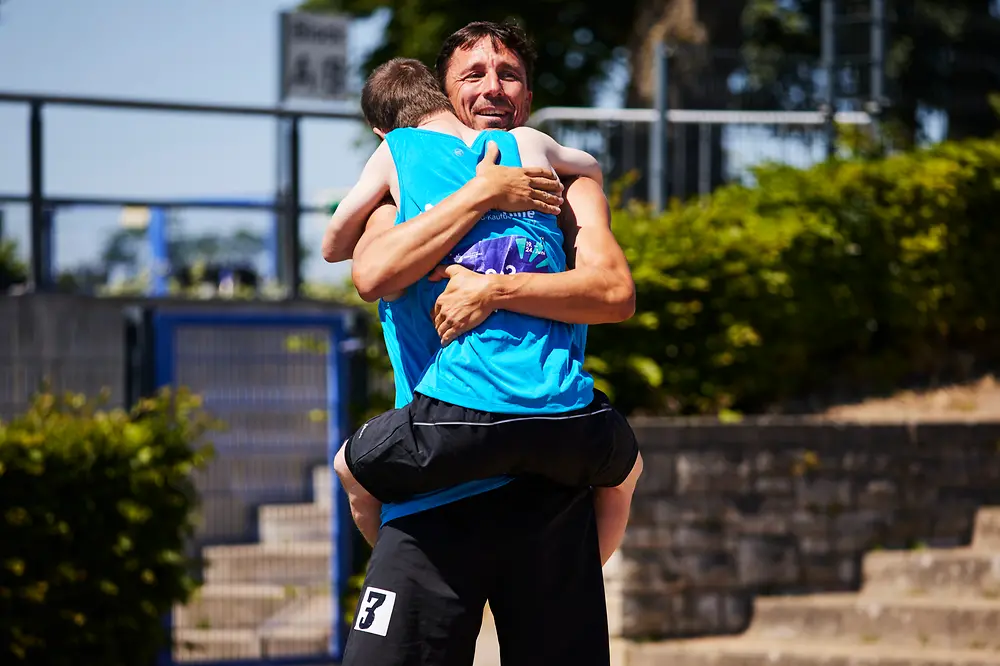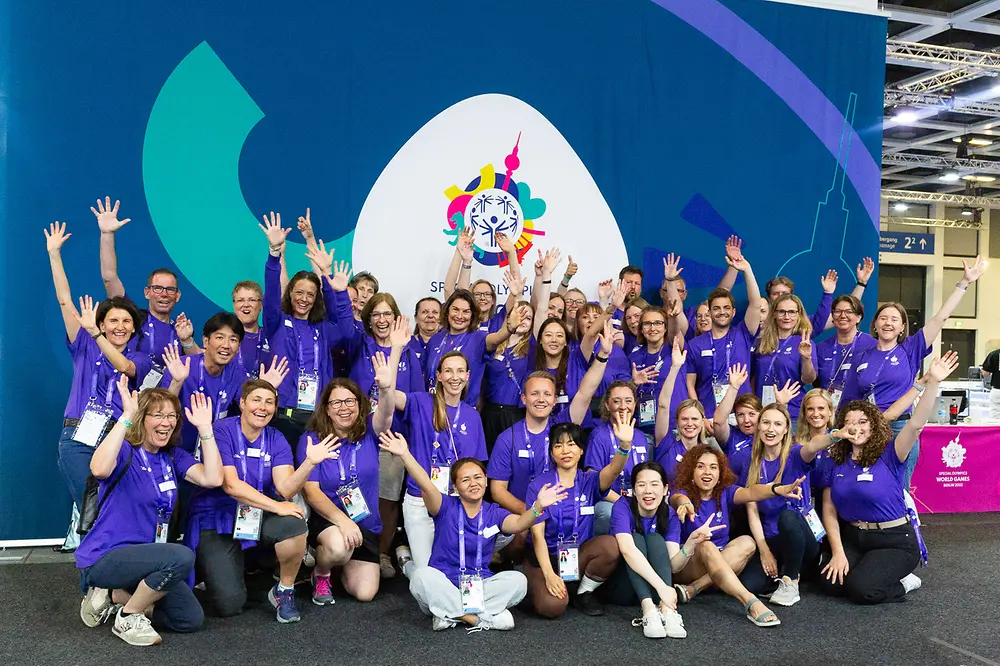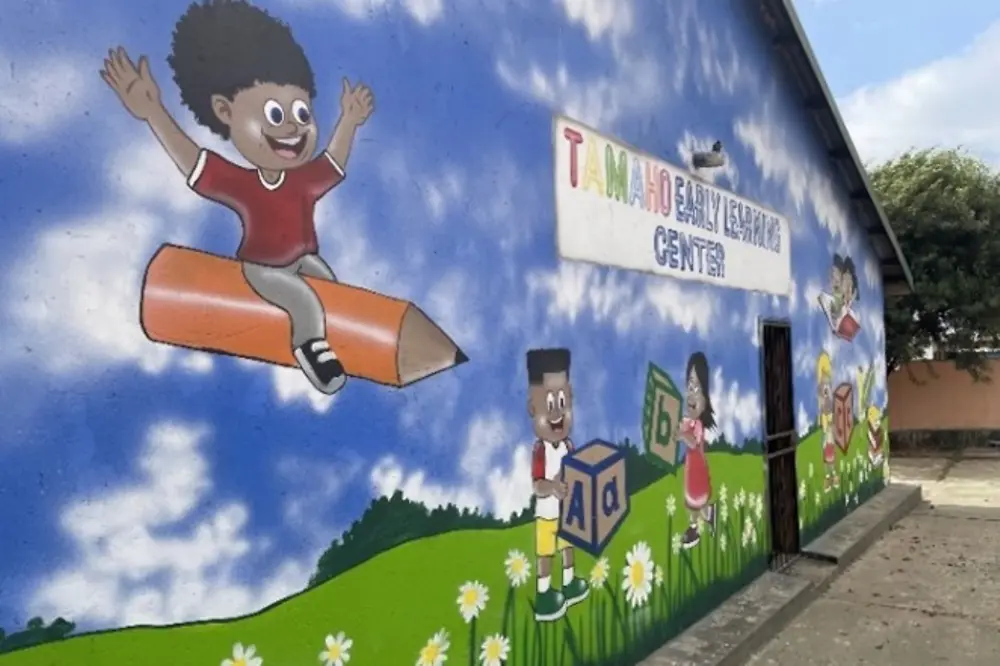Media Relations Manager at Henkel
Children's rights have always been a subject close to my heart. Children are the smallest and weakest link in the chain. At the same time, they are our future. If we don't equip our children with values and education, then our society will not stand a chance.
Between my bachelor’s and master’s degree, I spent a year in Chile for a voluntary social service, where I worked in a kindergarten in an impoverished neighborhood. Afterwards, I continued to support the project during my studies. In my full-time job, I often find it difficult to find time for volunteering. I have spent a great deal of time looking for something that would allow me to combine my professional life with my personal commitment. A few years ago, I met Gabi and decided to fly to Uganda with her. But then the pandemic got in the way, so it didn't work out until 2023.
I stayed in Uganda for a total of four weeks. I saved up my annual leave and got five days of special leave. My social engagement was immediately welcomed with open arms – by my superiors as well as by my colleagues, who obviously had to take on more work during my absence. Henkel further provided pre-departure medical assistance: Everyone was given an individual vaccination plan and a first-aid kit.
I didn't have any specific expectations. The only expectations I had were directed at myself. I knew I had to be open-minded, flexible – because it never turns out the way you expect it to. You have to be receptive to things being different: It's not right or wrong how things work there, it's just different. But I also knew that I could do that. I like being out of my comfort zone.
We usually spent the day with the children. They had a strong need for attention. Just having someone to cuddle or talk to. They live like siblings in a very large community and are lovingly raised. But individual attention is simply not possible in such an oversized extended family.
I had a long chat with one girl about her wishes and dreams. She wants to study law to – as she says – defend those who cannot defend themselves. Afterwards, she wrote me a letter and thanked me for the conversation. What was nice for me, but somehow a given, was "the greatest thing" for her. She says that I gave her the feeling that she can achieve something. Value lies in the intangible. The interaction between people. That has an effect on the children – but also on us, of course.
The time I spent in Uganda was demanding, but in a completely different way to a day at the office. You get a bit overwhelmed by the individual stories. Emotionally, it's extremely challenging. You have two options: You can feel overwhelmed and do nothing. Or you can say "there's so much to do" and use that as motivation to get started. Of course, it's just a drop in the ocean. But when it comes to a child, it's always worth it. The Sonrise Ministries are home to 250 children who grow up with values such as compassion, sharing and democratic thinking. They receive an education. The whole project was initiated by former orphans. If I think about what the children who live there can achieve one day with this foundation. By getting involved in politics, in the healthcare system – or simply by being kind and good citizens. You can't change the system on your own. But you can be part of an effect that spreads far and wide.
My tips for starting out as a volunteer:
- Don't always judge right away what others do and how they do it.
- Be creative and learn to improvise – that's how you can deal with difficult conditions.
- A good amount of humor. It makes everything easier.
We supported them in their day-to-day activities, built a wall, installed a chicken coop, and organized a Christmas charity activity. We also brought many donations in kind from our families, friends, and colleagues at home which needed to be sorted and distributed. Of course, being at the orphanages was great for the children and for us. But our trip had a long-lasting effect: It wasn't just a vacation that you come home from and then carry on as before. I feel responsible. I am a member of the association and would like to financially support individual children who have grown particularly close to my heart. To ensure their education. Which is so vital.
Volunteering in general is so important. There are many areas in our society that would not exist without this commitment. Everyone can contribute something. If you don't have time, you can perhaps help by providing financial aid – both are valuable.
